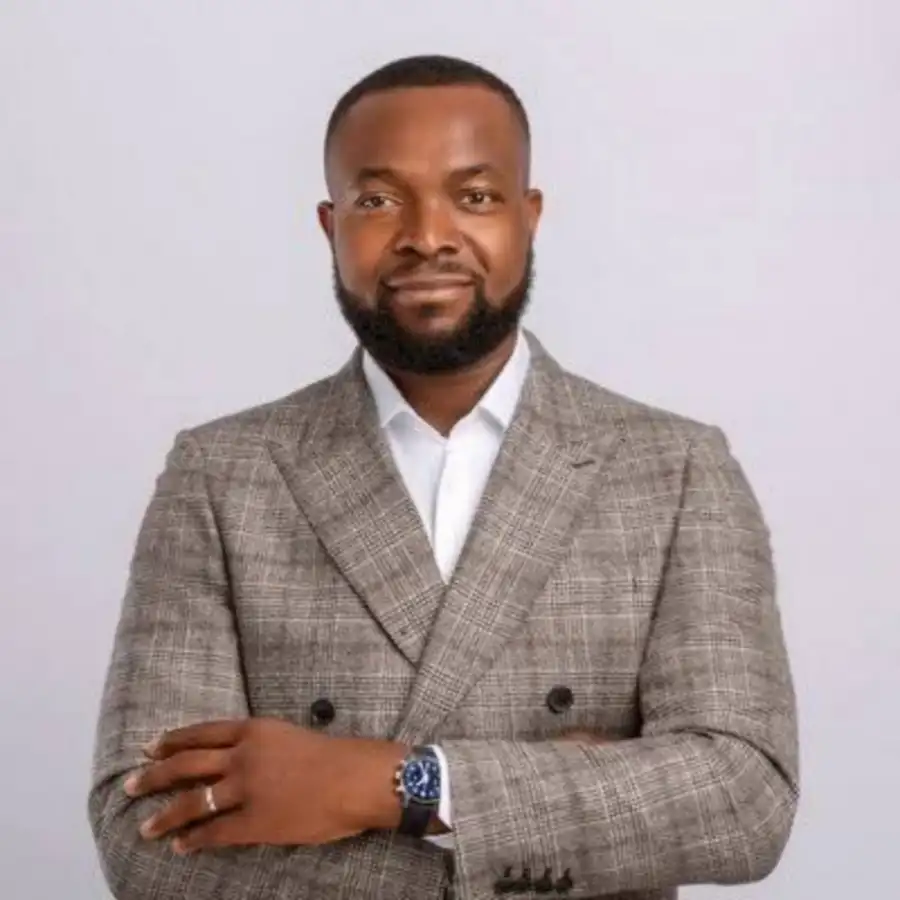Nigeria’s Information and Communication Technology (ICT) sector is set to become the main driver of the economy, with the federal government projecting it will contribute 21 per cent to the Gross Domestic Product (GDP) by 2027. The projection means the ICT industry will surpass oil and gas in shaping national growth.
The Minister of Communications, Innovation and Digital Economy, Dr. Bosun Tijani, disclosed this while delivering a keynote speech at the GITEX Nigeria Tech Expo and Future Economy Conference in Lagos. The event, holding from 1-4 September across Lagos and Abuja, is organised by KAOUN International, a global producer of GITEX events.
Tijani revealed that the sector already accounts for between 16 per cent and 18 per cent of GDP, calling it the fastest-growing contributor to the economy. He said, “Our digital economy is no longer about apps alone, it is about productivity gains that will transform agriculture, education, manufacturing, and governance.”
The minister also pointed out that Nigeria remains the largest telecommunications market in Africa, while Lagos serves as the continent’s innovation capital with five to six unicorns based in the city.
Unveiling major federal initiatives, Tijani introduced Project Bridge, a 90,000km fibre backbone to link every state and local government; the 3MTT programme, described as the world’s largest digital skills initiative; and the upcoming National Digital Economy and New Governance Bill, which will promote trust, security, and accountability in the digital environment.
“Lagos is where the idea of Africa collides with the ambition of the future,” Tijani noted, stressing that startups, corporates, academics, the diaspora, and global partners must work with government to co-create sustainable solutions, with infrastructure as the backbone.
In his remarks, Lagos State Governor, Babajide Sanwo-Olu, described Lagos as “a launchpad for Africa’s tomorrow” and reaffirmed the state’s role as a digital economy hub for Nigeria and Africa.
Sanwo-Olu explained, “Lagos is not just a city for today – it is Africa’s innovation nerve centre and a launchpad for Africa’s tomorrow. At the heart of our efforts to unlock digital transformation possibilities is an unshakeable belief that governance in the 21st century must be digital, inclusive, and data-driven.”
He added: “As Peter Drucker once said, ‘The best way to predict the future is to create it’. Here in Lagos, we are creating that future, building a data-driven government where policy decisions respond to real-time insights and inclusive connectivity empowers every citizen in one of the world’s most vibrant tech ecosystems.”

